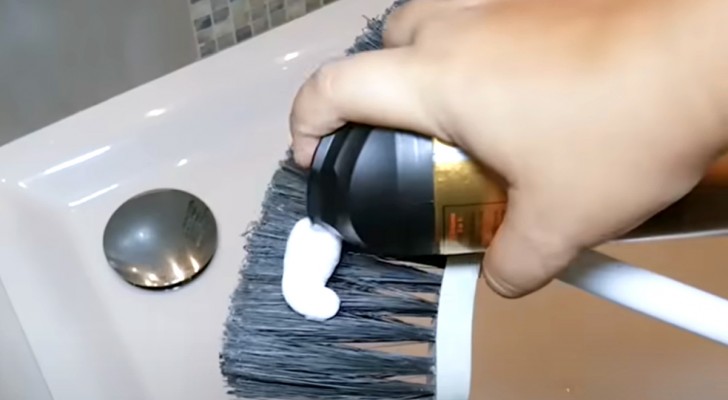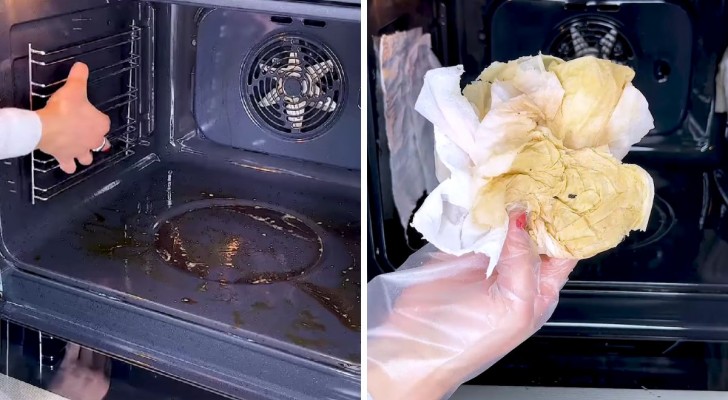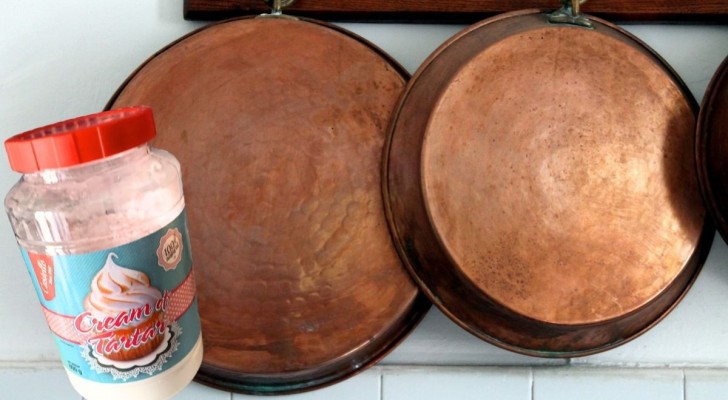Cockroaches in the kitchen: DIY methods to repel them
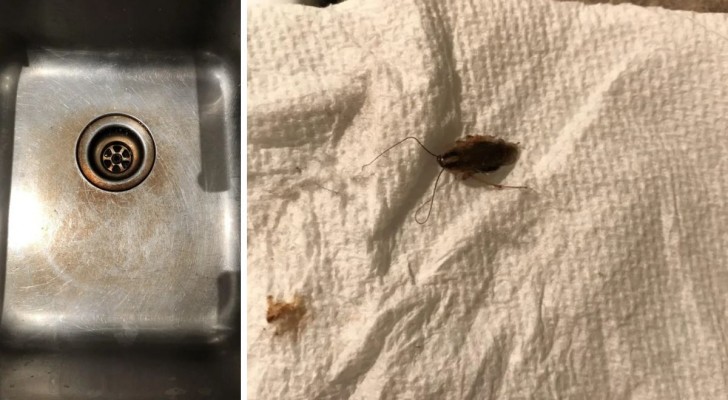
Imagine the scene: you approach the sink in the kitchen to wash the dishes and notice that you have an unwelcome "guest" walking around inside it: a cockroach! This is not a pleasant sight for anyone, and especially considering that these insects are unhygienic. If the problem is not too bad, some home remedies may be sufficient to deter these pests.
These are some deterrent methods that involve the use of ingredients or substances which, if not already present at home, are quite easy to source in shops or online. Read on to find out more:
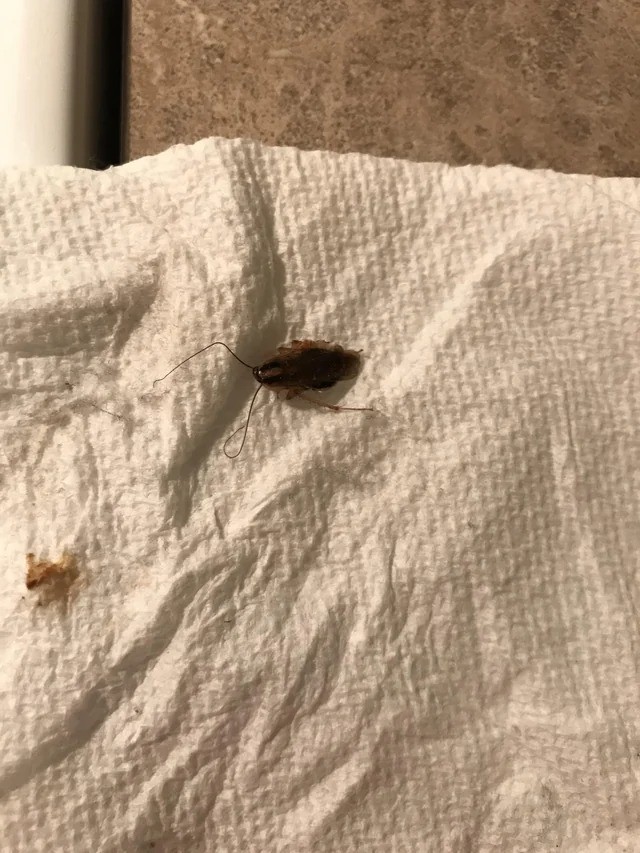
- Baking soda and white vinegar: boil 1 litre of water in a pot. Pour it down the sink/drain, then pour 130 grams of baking soda after it. Wait five minutes and follow up by pouring 130 ml of white vinegar (apple vinegar is fine too) down the drain too. Baking soda is toxic to cockroaches, and the vinegar you will make everything the environment even more "inhospitable" to these pests (not to mention that this method will also clear away any dirt and food residue which attracts cockroaches).
- Epsom salts: Common table salt is believed to work as a repellent or insecticide, but Epsom salts is actually toxic for cockroaches (and other insects). In reality, however, Epsom salts are used to create insect traps by mixing it with a little sugar (which attracts cockroaches). However, contact with Epsom salt is harmful to cockroaches, so you can certainly pour some (a few tablespoons) down the drain in the evening, perhaps after having already cleaned it, in order to repel cockroaches.
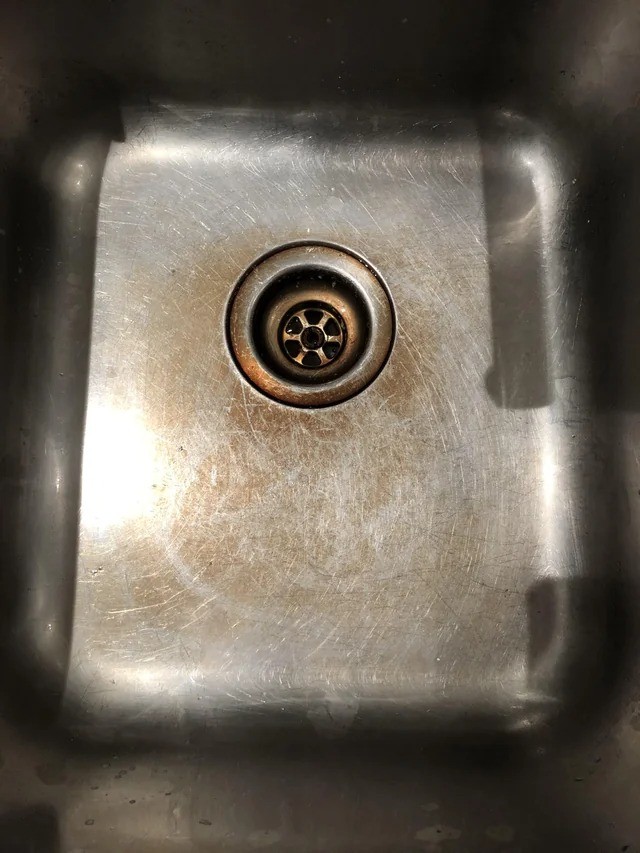
Similarly, you can use borax or boric acid, which are equally toxic to cockroaches. They can be used to block the entrance to your sinks from the pipes, but you can also use them (separately), mixed with water, to create a DIY insecticide.
However, if you realize that the situation more serious than the "occassional visitor", it is better to consult the experts.
